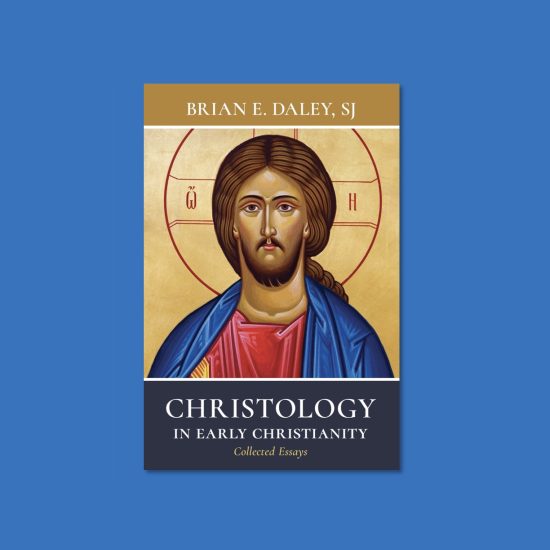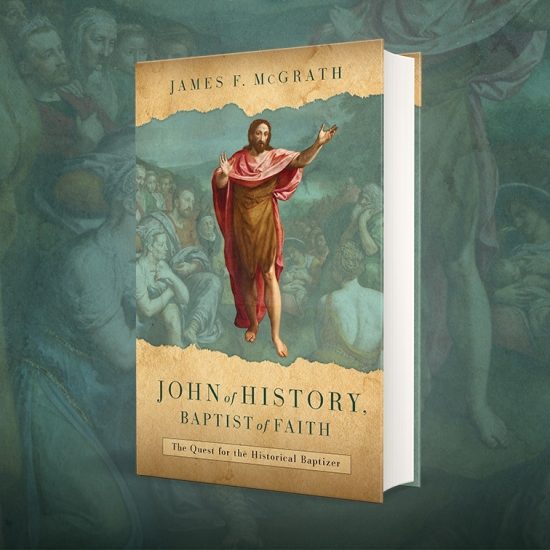 Jesus Welcomes Sinners
Jesus Welcomes Sinners
Formations: January 20, 2019
Scripture: Mark 2:13-22

Michael K Olmsted
What do you mean when you talk about “good church people”? Usually that phrase suggests people who agree with you, have a good social reputation, are financially supportive, involved in programs, believe in missions, serve on a committee, or hold a leadership position.
Jesus appeared in first century Palestine, where the line between “good church people” (code for God’s chosen) and pagans was clearly defined. To wear the “good” label you needed to be Jewish, faithfully attend synagogue and participate in high holy days, pay temple taxes, and offer sacrifices. The pinnacle of “good church people” were the Pharisees and scribes who spent their days studying the laws and meticulously following them.
When Jesus began his public ministry he taught in synagogues (as in last week’s study), but his ideas about faith and living out the grace of God in the real world alarmed the institutional leaders. As Jesus was observed spending time with people outside the synagogue membership and of questionable circumstances, the religious leaders became increasingly hostile. Mark 2 begins with Jesus out in the real world, ignoring the religious guidelines and touching people who were entangled in the problems and conflicts of the world. Is there a timeless truth here about God’s love and grace made real beyond church steeples, praise worship, institutional programs and denominational labels? Jesus welcomed sinners – that’s people like us – and the crowds came.
Our story is set along the shore of Galilee where Jesus begins a conversation with a tax collector, probably described by his own people as “having a special place in hell.” Tax collectors had a station at every regional boundary where they collected customs on goods. They also collected other government taxes for Rome and were free to add their own fees for their services. Tax collectors knew how to work the system. If they were Jewish their own people considered them traitors for Rome.
Unbelievable, it must have seemed, that Jesus would invite this turncoat Levi (later known as Matthew) to be one of his disciples! This public scandal was even more shocking when Jesus went to Levi’s house for dinner with a bunch of those sinners. Leviticus rules deemed this behavior would make a person ritually unclean and bar them from participating in synagogue or temple worship. Mark is showing us that this Jesus, who is God’s ultimate answer to our spiritual need, cannot be bound by chains of intolerance or bigotry. God clearly understands us and will break through every barrier to show us his love.
Jesus responds to the religious leaders’ questions and accusations with a powerful statement: “Those who are well have no need of a physician, but those who are sick … I have come to call not the righteous but sinners” (v 17). He nails his accusers as self-absorbed religionists who refuse to see their own spiritual need. I have had people tell me, “I don’t need a religious crutch for my life” … “religion is for old people, insecure people” … “faith is personal and nobody’s business!” The excuses to exclude God are numerous, including substituting religion for faith.
Jesus said “I have come to call not the righteous but sinners” (v.17b). I was an active church member early in life, but became a follower of Jesus much later when I realized Christianity is about a relationship with the God of grace rather than membership in an organization and memorizing doctrines. Don’t hurry to condemn all the Pharisees because of those who harassed Jesus. Remember Nicodemus, who sought Jesus out in order to understand being “born again” (John 3:1-16) and Joseph of Arimathea, who was a disciple of Jesus and provided a tomb for his burial (John 19:38-42).
The Pharisees and John the baptizer’s disciples fasted. Some of the crowd asked Jesus why his disciples were not fasting, because that was a common symbol of faithfulness to God. Jesus answers them by using the image of a wedding celebration. A wedding often became a two-week-long celebration for family and friends, marked by dancing, food and wine. Remember Jesus’ first miracle of turning water to wine at the wedding in Cana? Jesus says that as long as the bridegroom is present at the celebration the guests will party (v. 19). The image of Israel as God’s bride is common in scripture and Jesus is positioning himself as the bridegroom. When the bridegroom is gone, the feasting will end and the fasting will begin. Here is a gentle reminder of the cross.
He closes this conversation with a warning that the promise of God cannot be fulfilled in the traditions and religious exercises that were instituted to prepare for the coming of Messiah. Two graphic images are presented: 1) if you try to patch an old garment with a new piece of unshrunk cloth it will not work, because, when washed the new will shrink and tear the garment; 2) no one puts new wine in an old wineskin because as the new wine continues to ferment it will tear the old wineskin and all will be lost (vv. 21-22). Jesus is offering a new kind of discipleship to those who are ready for God’s Son. The new kingdom has come and with it the hope of God’s love for all the world. God’s kingdom will spread beyond the limitations of the old cloth and wineskin to a kingdom embracing all who accept God’s love, forgiveness and gift of eternal life.
Step out this year to a life in which you trust God with every experience, share his love through your words and actions, and remember God’s grace is offered to those who are different from you. Of course we can understand the difference between right and wrong, but instead of acting as judge, offer God’s love and grace.
Jesus and his disciples appeared odd or even insignificant to many who were religious, and strange to the world in general. Those earliest disciples were learning just as we must learn to follow Jesus, studying his teachings, and see others through his eyes of compassion. None of us is worthy or capable of being a disciple of Jesus – but remember, Jesus welcomes sinners.
Formations is a curriculum series from Smyth & Helwys Publishing, Inc. through NextSunday Resources.
The PDF download requires the free Acrobat Reader program. It can be downloaded and installed at https://get.adobe.com/reader (uncheck optional offers first).






